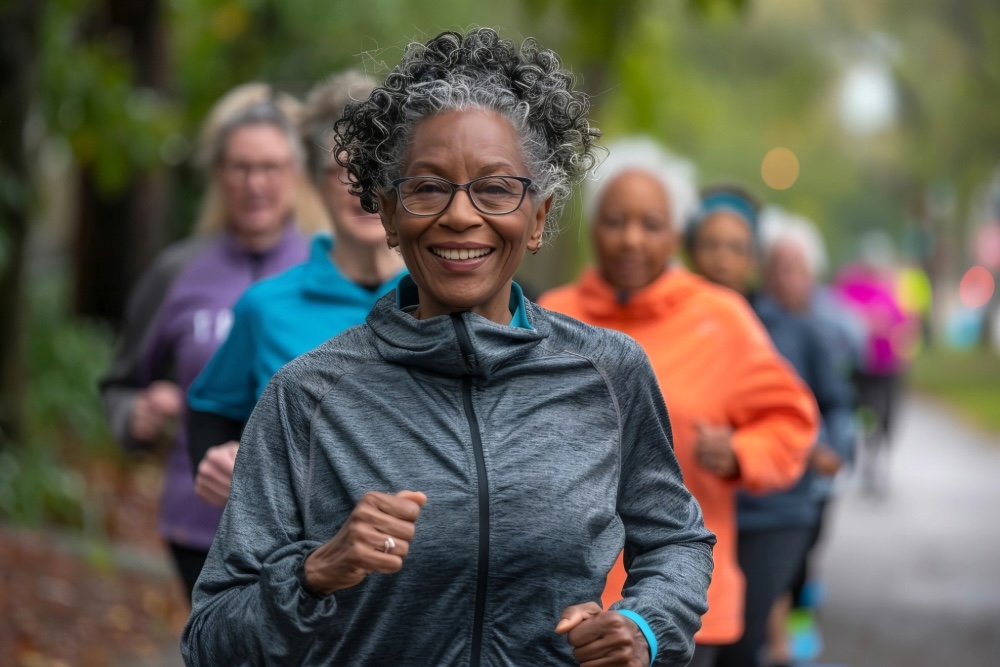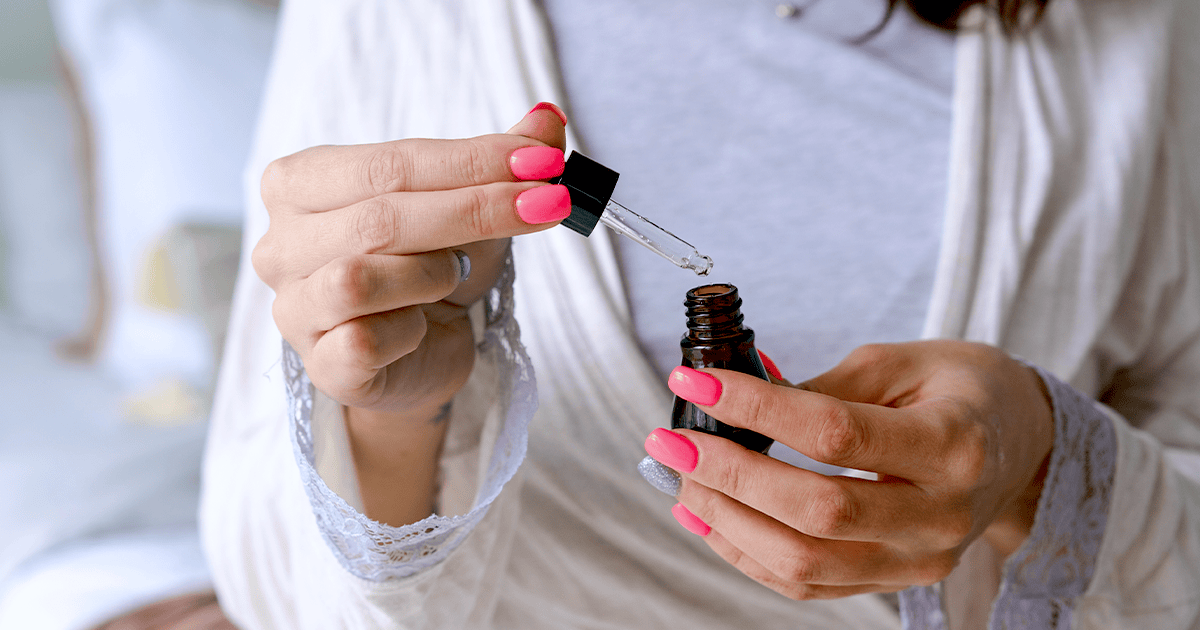Shift work is proven to impact your quality of sleep, which in turn causes all manner of problems with your health.
Around 4.1 million people in the UK work night shifts, and things are worse when night shifts are interspersed into day shifts, and a regular pattern of sleep can’t be settled into.
Chronic sleep deprivation can lead to an increased risk of stroke, heart disease, insulin resistance and diabetes. It might also be disastrous in the short term, especially if it leads to a dreaded micro-sleep while you’re driving, or even just poor performance at work.
So, what strategies might we follow to get better quality sleep while working night shifts?
Maintain a routine
If you’re going to sleep at the same time every day, then you’ll find it much easier to get to sleep when the time comes. Don’t stay up late if you can help it, and don’t try to sleep at random intervals. Instead, keep things consistent.
Whether you’re sleeping in the morning or the afternoon, what’s important is that you do the same thing every day.
Wear sunglasses
If you’re getting daylight on the way home, then your brain might receive the signal that it’s time to wake up. You can limit this problem by wearing sunglasses on the way home – though you might be cautious of this approach when you’re driving.
Don’t nap
Napping might seem like a good way to refresh yourself – and in cultures where a siesta is common, it’s actually proven effective.
But you have to go about it the right way, which means going all-in on napping at a certain time at work. For most workers, it’s better to have a single longer spell of sleep.
Wind down properly
You’ll want to make sure that you wind down appropriately before bed, which means spending an hour away from blue light and screens, and keeping things quiet.
If you’re sharing a bed with another person who isn’t working night shifts, this can be a challenge. Talk to your partner, and think about how you can optimise the situation.
Wear high-vis clothing
If you’re outdoors at night time, then you’re at higher risk of falling victim to an accident. This goes especially if you’re working on a construction site or a road.
Make sure that you therefore wear appropriate high-vis clothing. Even if it doesn’t improve your sleep, it will improve your safety.
Avoid caffeine
Taking any kind of stimulant too close to bedtime is going to interfere with your sleep. If you’re in the habit of self-medicating for your sleep deprivation, perhaps by downing a double espresso to get you through the end of your shift, then you’re sabotaging your own sleep.





